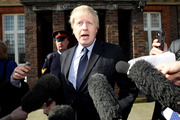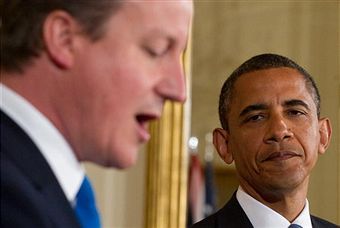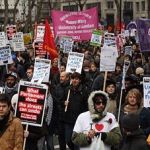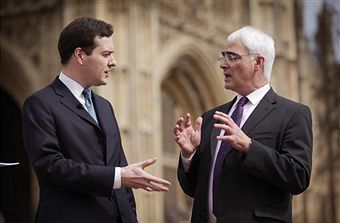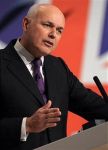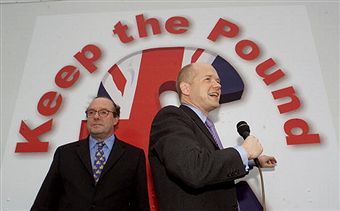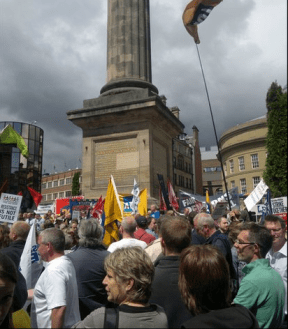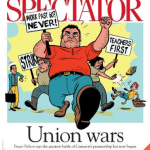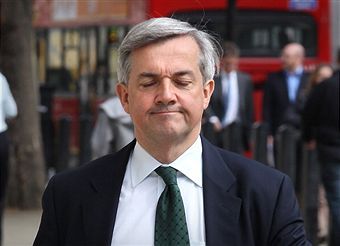Boris comes out against high-speed rail
The news, via a leaked letter, that Boris Johnson now opposes high-speed rail will come as little surprise to the government. Boris has been moving to this position for quite some time and the Department for Transport resigned itself to the mayor coming out against the scheme earlier this week. Recently, one of Boris’ senior aides visited the Department for Transport and said that the mayor would only support the scheme if there was an additional tube line from Euston as part of it. But when the Department for Transport pushed for details of where this line would go to, and how it would be engineered it became apparent that
